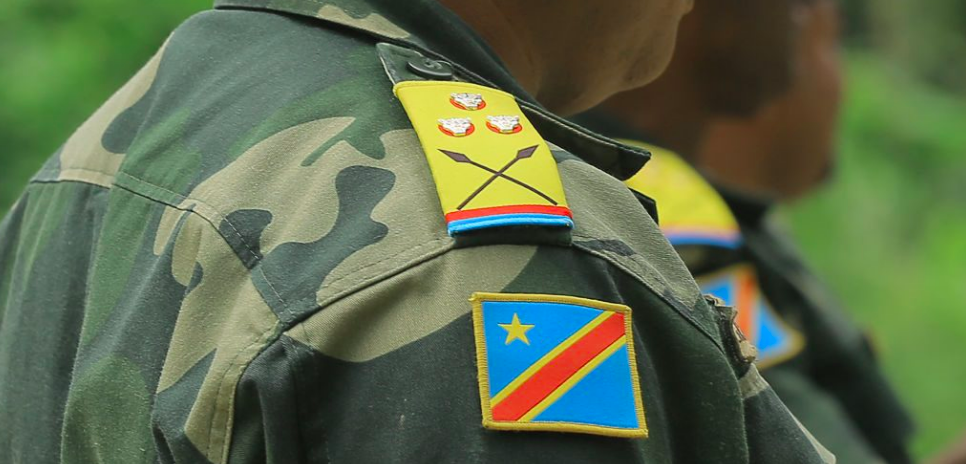A new wave of coordinated arrests of senior military officers in the DRC army has triggered widespread panic and concerns from Human Rights organisations.
According to emerging details, at least 29 generals have been arrested and detained in unidentified facilities.
Taarifa has also learned that of the detained generals, 27 are Kiswahili speaking (Editor: they have origins from the eastern part of the country currently under control from M23 rebels).
A consortium of non-governmental human rights organizations in the DRC (NGOs-DRC), including Human Rescue and the Panel of Civil Society Experts have expressed concern over the unexplained arrests which started May 22.
“Out of at least 29 detained generals, 27 are Swahili-speaking, in addition to over hundred officers and non-commissioned officers detained in conditions contrary to human rights standards in the various locations,” a statement issued on Thursday reads in part.
The latest target is Brig.Gen. Pierre Banywesize, deputy commander of operations assigned to Dungu (Haut-Uélé),. He is a former chief of staff of the former President of the Republic, Joseph Kabila.
Brig.Gen. Banywesize was arrested in Kinshasa by military intelligence services at Camp Kokolo and then detained in an unknown location while he was staying in Kinshasa awaiting transfer for medical treatment abroad.
A week ago, Banywesize’s family expressed their deep concern following the unexpected disappearance of their loved one.
Another culprit has been identified as General Banza Kabulo Joseph, former second-in-command of the Sokola 2 operational sector in South Kivu, also arrested in Kinshasa.
The consontium of the local civil society and rights groups demand to know, “the reasons for their arrests and the place of their detention.”
They also expressed concern over the, “failure to respect judicial guarantees, in particular the right to a lawyer, to clear information of the charges, and to be brought before a judge within a reasonable time; the risks of torture, ill-treatment and prolonged detention without trial” .
